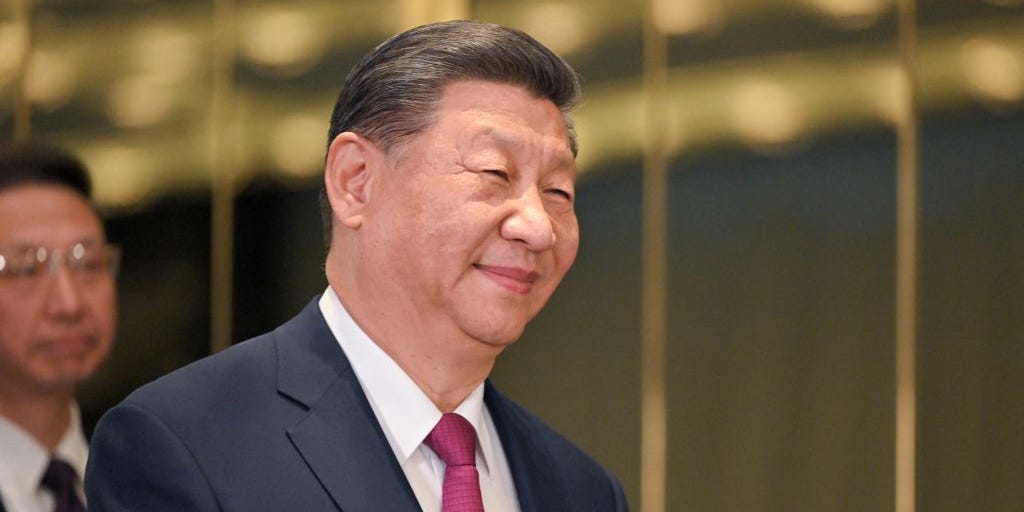A top economist has joined the growing list of China’s elite to have disappeared from public life after criticizing Xi Jinping, according to The Wall Street Journal.
Zhu Hengpeng served as deputy director of the Institute of Economics at the Chinese Academy of Social Sciences (CASS) for around a decade.
CASS is a state research think tank that reports directly to China’s cabinet. Chen Daoyin, a former associate professor at Shanghai University of Political Science and Law, described it as a “body to formulate party ideology to support the leadership.”
According to the Journal, the 55-year-old disappeared shortly after remarking on China’s sluggish economy and criticizing Xi’s leadership in a private group on WeChat.



I mean you can still have private property under communism, it’s the capital making property that’s more owned by the workers themselves, but you can still own things under communism.
Similarly, you can earn capital under communism too, it’s just that the tools for earning said capital aren’t owned by corporations under corporations under CEOs under the 1%. It’s not a cornerstone for sure, but it’s not like communism is anti capital and growth and owning things
Directly from The Communist Manifesto:
https://www.marxists.org/archive/marx/works/1848/communist-manifesto/ch02.htm
Read a bit ahead if you may:
Okay? That doesn’t change the summary about private property, which is a thing in China. It wasn’t under Mao, it is now.
A bit nitpicky here, but personal property isn’t Private Property. That being said, Marx and Engels maintained constantly that Private Property cannot be abolished in one sweep, that goes fundamentally against Historical Materialism. Socialism emerges from Capitalism, you can’t establish it through fiat, hence why the Cultural Revolution wasn’t a resounding success. Mao tried to establish Communism immediately, misjudged, and then Deng stepped in.
Thank you you’ve put the difference in better terms than I did
No problem. Marxism is pretty difficult for most people to understand entirely without reading far more than you would expect, it isn’t simply criticism of Capitalism or advocacy for Socialism and then Communism, but also Dialectical and Historical Materialism, which is where people can easily trip up.